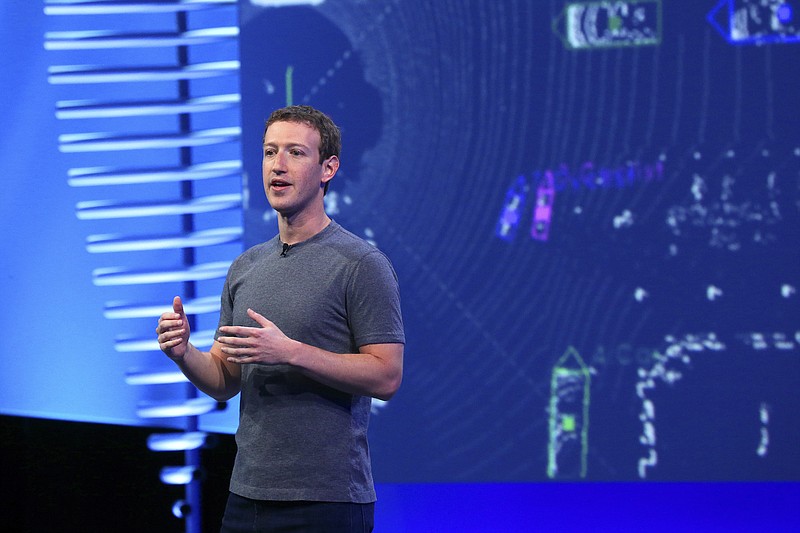Comedian Steve Martin, in his white-suited, "wild and crazy guy" stand-up years, had a routine that seemed never to get old.
"You ... can be a millionaire ... and never pay taxes!," he said, channeling his best television pitchman. "You can be a millionaire ... and never pay taxes! You say ... 'Steve ... how can I be a millionaire ... and never pay taxes?' First ... get a million dollars."
The routine went on about paying taxes on the money, but Facebook founder and Chief Executive Officer Mark Zuckerberg evidently stopped after the first part - after watching it on YouTube, since he's younger than the routine - and worked the concept into the commencement speech he gave at Harvard University last month.
"We should have a society that measures progress not just by economic metrics like GDP (gross domestic product)," he said, "but by how many of us have a role we find meaningful. We should explore ideas like universal basic income to give everyone a cushion to try new things."
With universal basic income, the government would just issue everyone a check or deposit into their bank account a fixed amount of money. Warren Buffett would get one, and the minimum wage employee at the drive-through would get one.
Zuckerberg said he was fortunate to have a wealthy family to fall back on "if Facebook didn't work out," so he wants everyone to have help to "reach their potential" like he did.
The young social media magnate's words sound magnanimous, but he wasn't talking about his money, of course. He was talking about the federal government's money, which he and we have shared through our tax dollars.
Zuckerberg may view this as a logical step from where we've headed for the last 80 years - Social Security, Medicare, Medicaid, welfare, food stamps, Obamacare, etc. And he's not the first one to float the idea. Some have pitched it, suggesting the universal basic income as a substitute for some of the entitlement spending.
The Facebook founder didn't mention it as a substitute, though, and he didn't mention a specific amount that might become our annual allowance. How much would qualify as the "cushion" he wants us to have? $1,000? $5,000? $10,000? More? Would the "new social contract for our generation" - his words - increase every year, based on the cost of living?
If it were $10,000, say, an annual outlay for 254 million Americans ages 16 and older would be $2.54 trillion. On that track, the country's debt, already $20 trillion, would double in about six years.
It boggles the mind.
And if only half of us are paying for the other half to live now, how much more would this exacerbate the problem? With an annual cushion in addition to severely discounted housing, food stamps and other assistance programs, how many more people would quit work altogether or never seek to grab the next rung up the economic ladder?
Already, the number of able-bodied adults ages 16 to 64 who aren't in the labor force has increased 16.5 million from the peak labor participation rate in 1997 to 55.2 million today. Some of that is from technological advances like automation taking jobs. Some is from not being qualified to work jobs that would pay a living wage. Some is simply from a desire not to work.
Zuckerberg's proposal, rather than incentivizing entrepreneurship and helping Americans reach their potential, would only reward complacency, retard economic growth and send the country into a downward spiral. And if he wanted to extend it globally, one can envision another pot of money like the Global Climate Fund being created. The wealthier countries - those who agreed to do so, for today - would contribute more so the wealth would be redistributed to lesser developed countries.
And what of work itself?
For millennia, people worked not only to support themselves and their families but because it gave them self-worth, a sense of accomplishment, a feeling of doing something for the well-being of society. The more you were educated, the better your chances. The harder you worked, the more you were rewarded.
Today, too many people have turned around President John F. Kennedy's 1961 inauguration address dictum. Instead of asking what they can do for their country, they ask what (more) the country can do for them.
Zuckerberg's proposal may be in line with what too many people expect of their federal government these days, but it sounds more to us like Steve Martin. Which makes it no more than a wild and crazy idea.
